In 2025, several popular electric vehicles faced recalls due to significant battery issues. These recalls have sparked discussions on the reliability and safety of EVs, raising questions about the technology’s future. Here, I dive into the specifics of these recalls, highlighting affected models and the nature of their battery-related problems.
Tesla Model Z
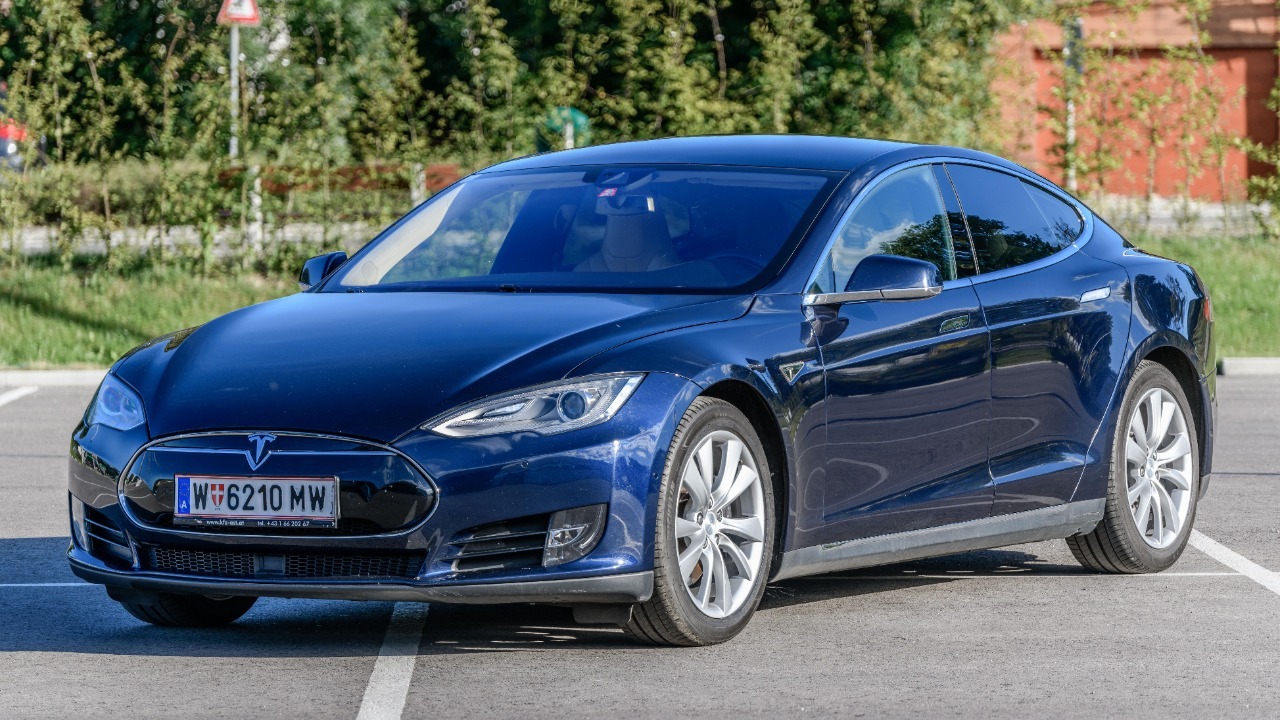
The Tesla Model Z, released as a futuristic addition to Tesla’s lineup, was recalled due to unexpected battery malfunctions. The issue was traced back to overheating problems that could potentially lead to fires. Tesla has been proactive in addressing these concerns, offering free battery replacements and software updates to mitigate risks. Owners of the affected models were advised to limit charging to 80% of the battery capacity until replacements were made available.
This recall has raised concerns among Tesla enthusiasts, as the Model Z was expected to set new standards in the EV market. The recall of over 50,000 units has led to discussions about the balance between technological innovation and safety standards in EV manufacturing. For more details on the broader impact of these recalls, you can check out this source.
Ford Mustang Mach-E
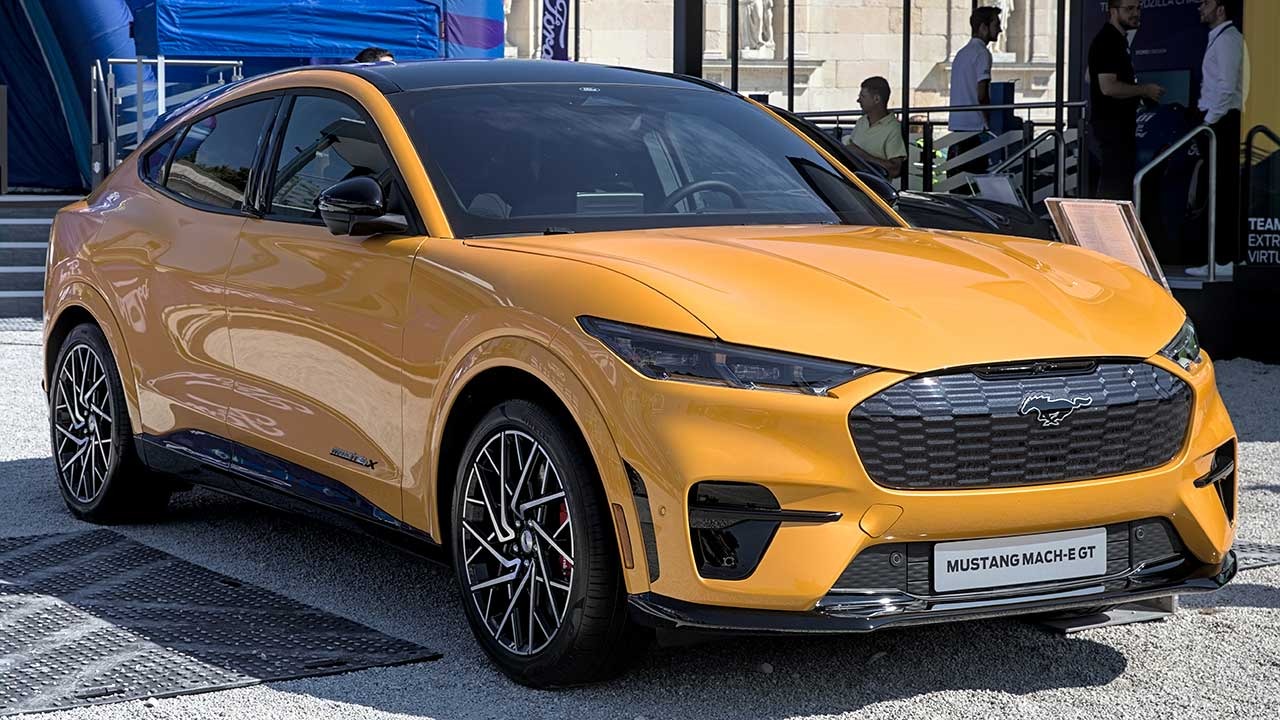
Ford’s Mustang Mach-E has also been caught in the wave of recalls due to battery issues. The problem identified was related to a software glitch that caused sudden power loss while driving. Ford’s response included a comprehensive software update intended to rectify the issue and assure the safety of its drivers. Approximately 40,000 vehicles were affected, prompting Ford to expedite the update process.
The recall has been a setback for Ford, especially since the Mach-E was positioned as a strong competitor to Tesla’s offerings. The situation underscores the challenges traditional automakers face in transitioning to electric vehicles. For a deeper dive into the implications of this recall, visit the NHTSA statement on the matter.
Chevrolet Bolt 2.0
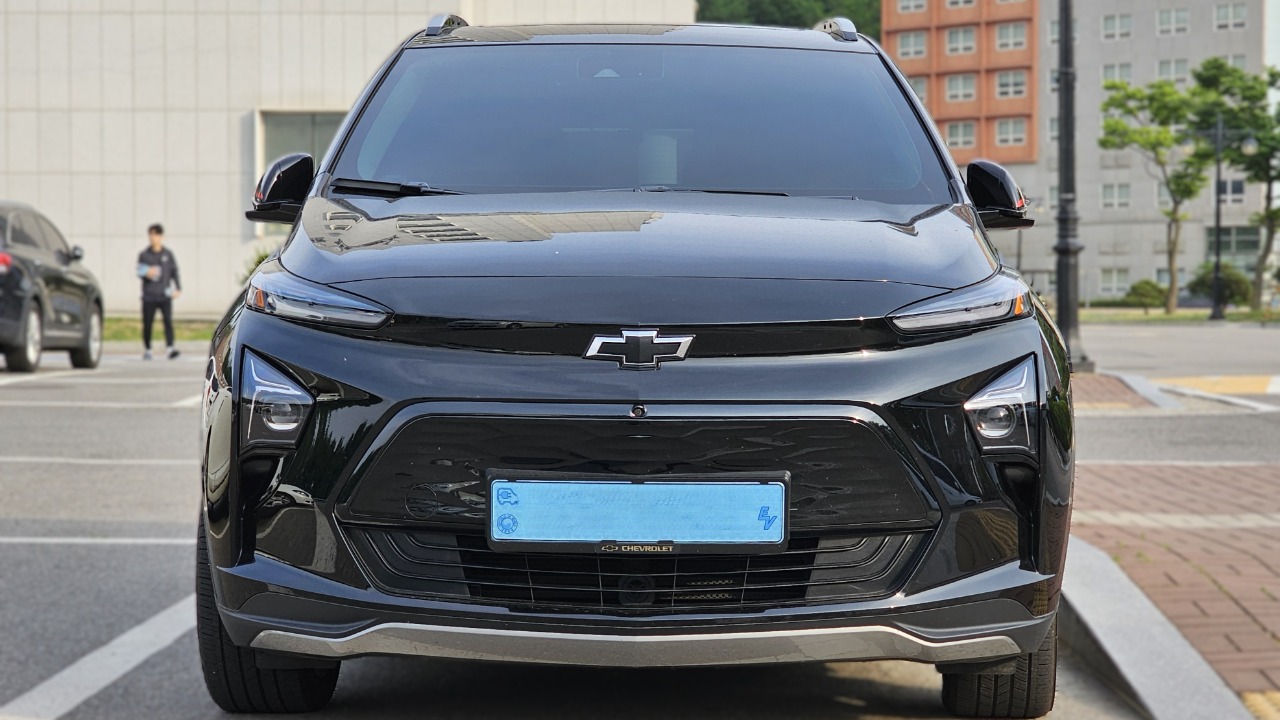
The Chevrolet Bolt 2.0 was another EV affected by battery issues in 2025. GM issued a recall after reports of battery fires, which were linked to manufacturing defects in the battery modules. The recall affects approximately 60,000 units and involves an inspection and possible replacement of battery modules in the affected vehicles.
GM has prioritized customer safety by working closely with battery supplier LG Chem to resolve the issue. This recall highlights ongoing challenges in battery technology and manufacturing processes, emphasizing the need for stringent quality control measures. The situation has also led to increased scrutiny of battery suppliers and their role in ensuring EV safety.
Nissan Ariya
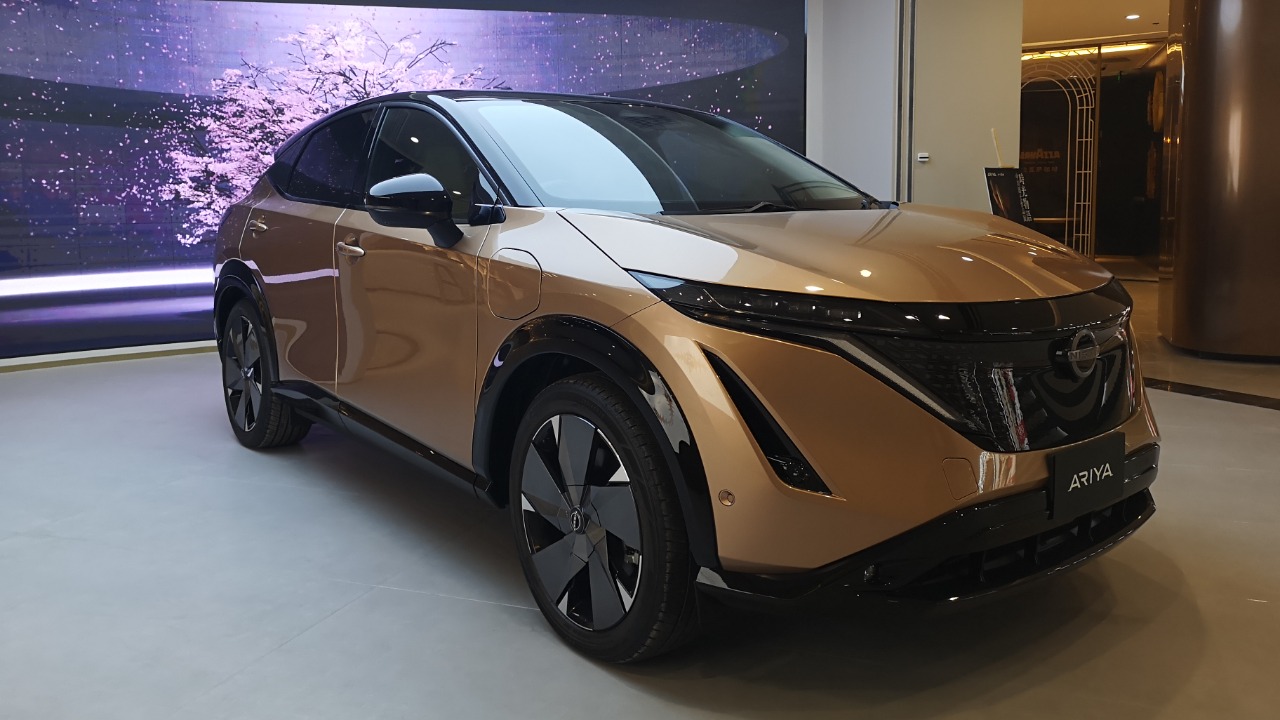
Nissan’s Ariya model faced a recall due to battery performance issues that affected the vehicle’s range and charging capabilities. Customers reported significant drops in range and prolonged charging times, which were attributed to battery management system errors. Nissan has since issued a software update to address these concerns, assuring drivers of improved performance.
The Ariya recall affects approximately 30,000 units, making it one of the smaller recalls in terms of numbers, but still significant given the competitive nature of the EV market. Nissan’s prompt response aims to restore consumer confidence and maintain the Ariya’s reputation as a reliable electric SUV. For more insights on how this affects Nissan’s market strategy, you can explore this analysis.
Hyundai Ioniq 7
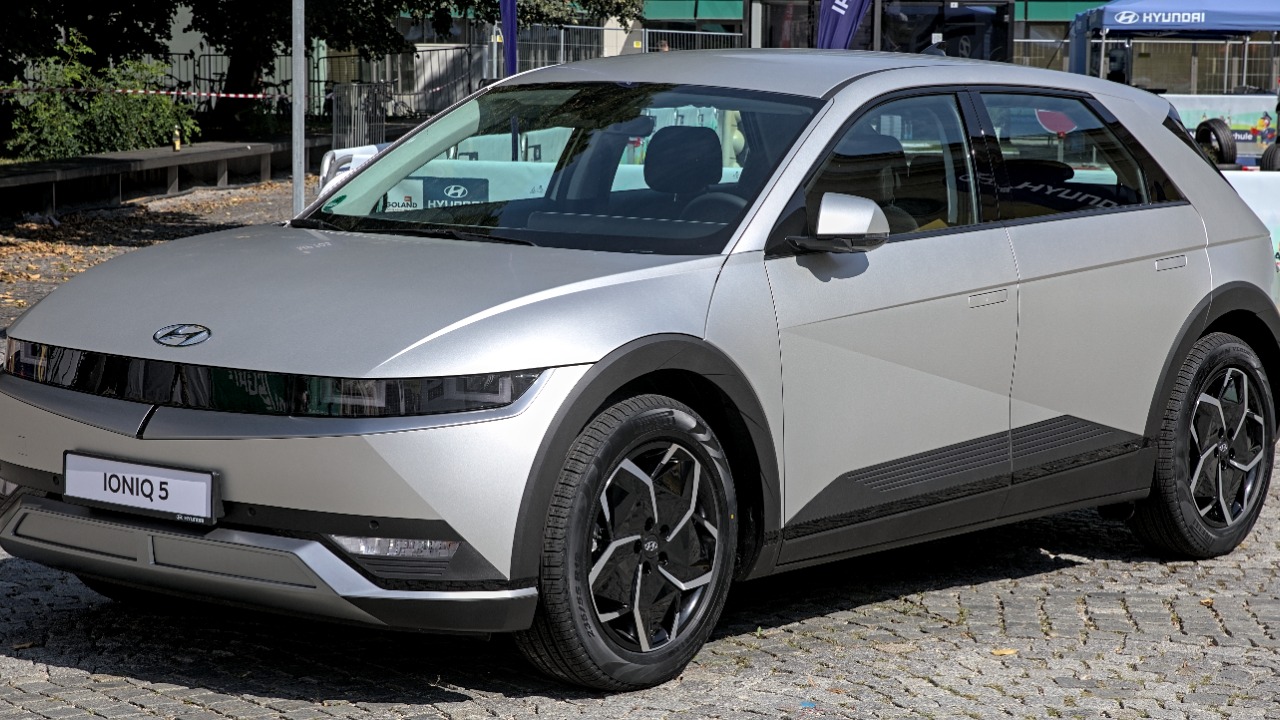
The Hyundai Ioniq 7, a highly anticipated model, was recalled due to concerns over battery cell defects that could lead to potential overheating. Hyundai has taken this matter seriously, issuing a recall for around 70,000 vehicles. The automaker has initiated a thorough inspection process to identify faulty battery cells and replace them as necessary.
Hyundai’s swift action in addressing the Ioniq 7’s battery issues reflects its commitment to customer safety and satisfaction. The recall has prompted discussions on the importance of battery technology advancements and the need for ongoing innovation in the EV sector. For community discussions and updates on this issue, you can join this Facebook group.
BMW iX3
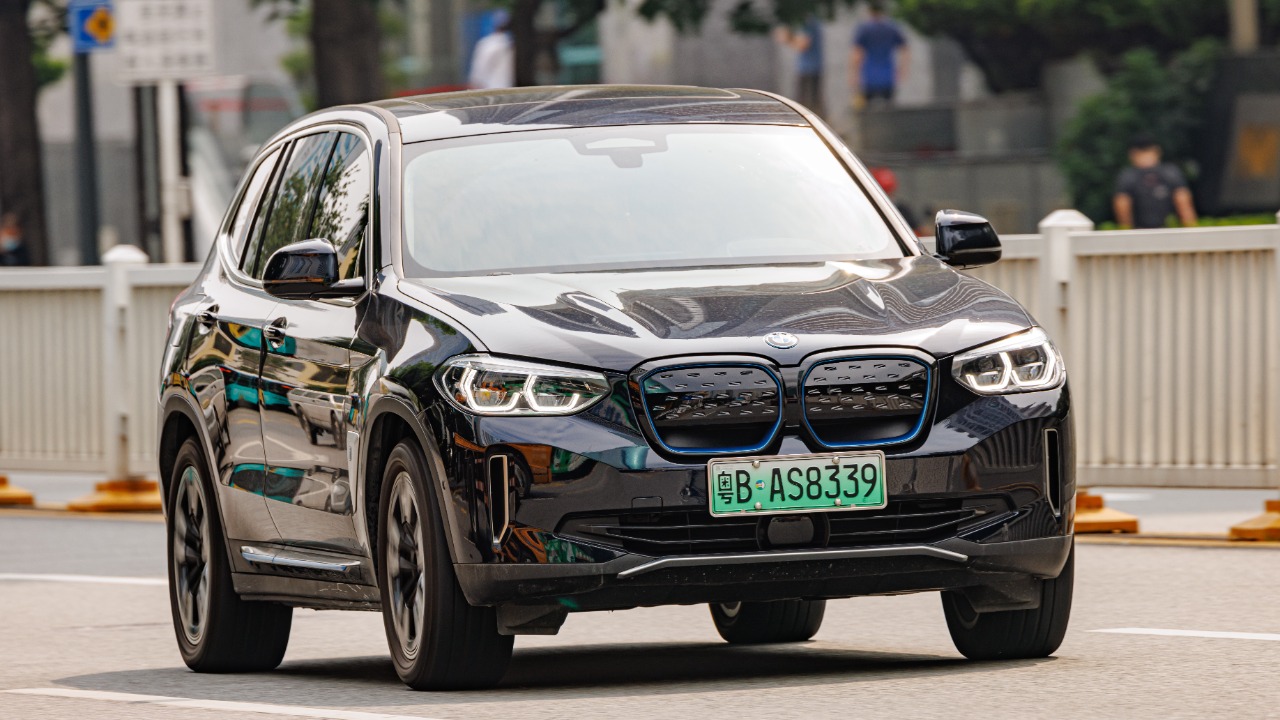
BMW’s iX3 faced a recall due to issues with battery cooling systems that could result in diminished performance and potential safety hazards. The recall affects about 45,000 units, and BMW has been working diligently to replace faulty components and ensure the reliability of their vehicles. Owners have been advised to visit authorized dealerships for necessary repairs.
The iX3 recall reflects the broader challenges facing the industry as it navigates the complexities of EV technology. BMW’s commitment to addressing these issues swiftly is a testament to their dedication to quality and customer satisfaction. As the EV market continues to evolve, such recalls remind us of the importance of ongoing research and development. For future projections on EV growth and potential challenges, refer to this report.